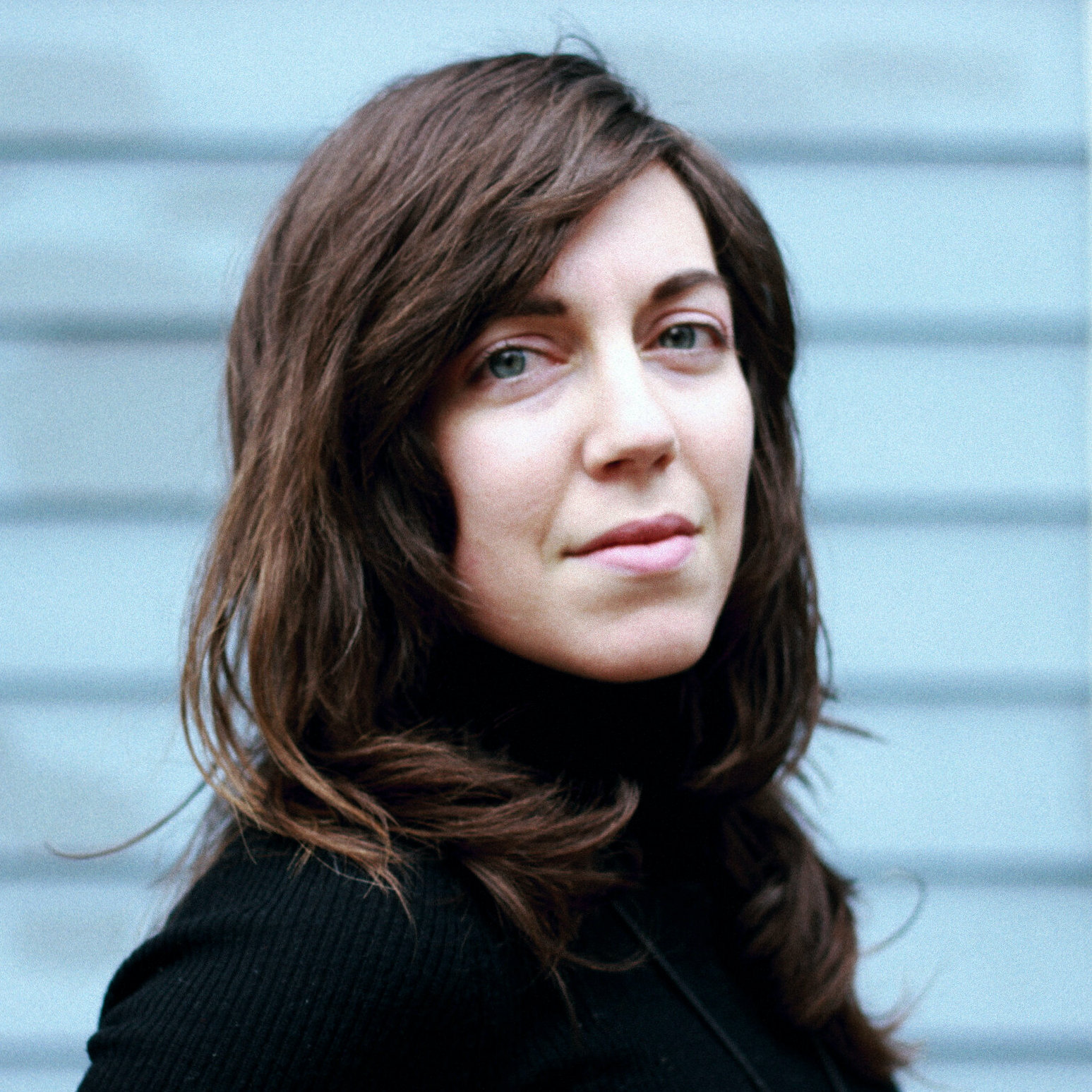I am riding my bike when I see them. The breeze slides
my dress strap off my shoulder and I am thinking of Richard
and the babysitter and what I will make for dinner.
There are two of them. Lesbians, that is. They are enormous.
They go into the diner so I follow. I slouch in my booth
and watch them in theirs. It is another planet, inhabited only
by them and their laughter. My feet are moving and I am
walking up to them. “Pardon,” I say. I even look one in the eye.
The other looks me up and down. This is how lesbians size up
other women to see if they are like them or not. I know this
and much more because I read Woman to Woman Magazine.
Next I ask if I can photograph them. I am not a photographer
but it is what comes out. I get to their apartment the next morning
and they are just coming up the stairs from being out all night.
When we get inside, they look at me as if for directions.
Watching them undress is like watching a set from a play get struck down.
This is the best part of anything that will happen, I think. I follow them
into the bathroom where, in silence, we run the water. We sit
until their fingers become pruny, and even then, we sit some more.
“What are you?” One of them asks me. “Cancer,” I say. “Leos,” they say
in unison. One of them pulls off her fake eyelashes. “So,” I say, “I guess
I should take your picture.” They get up, careful not to drip on the tiles.
Still in their towels, they agree on the stairwell. I lean against the hallway
wall and stare through the viewfinder. Their bodies are blurred. I click.
“How terrific,” I hear myself say, like a photographer might.
Published:
2016
Length:
Regular
Literary Movements:
Contemporary
Anthology Years:
2023
Themes:
Identity
LGBTQ+ Experience
Memory & The Past
Literary Devices:
Dialogue
conversation between two or more people as a feature of a book, play, or movie
Metaphor
a comparison between two unrelated things through a shared characteristic
Simile
a comparison between two unlike things using the words “like” or “as”

